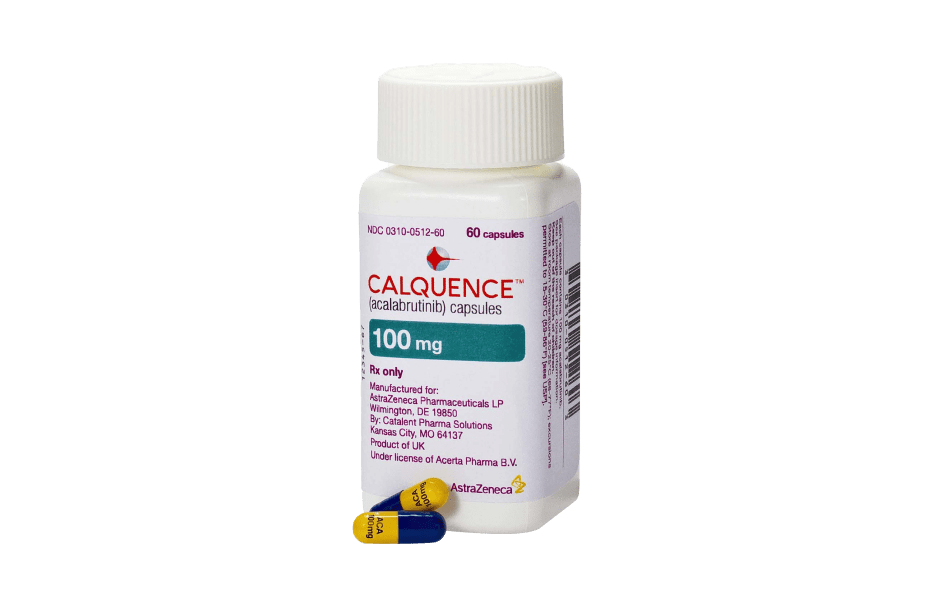
Genentech, Inc.
Rituxan
Oncology
Non–Hodgkin's Lymphoma (NHL)
RITUXAN is indicated for the treatment of adult patients with:
- Relapsed or refractory, low-grade or follicular, CD20-positive, B-cell NHL as a single agent.
- Previously untreated follicular, CD20-positive, B-cell NHL in combination with first line chemotherapy and, in patients achieving a complete or partial response to a rituximab product in combination with chemotherapy, as single-agent maintenance therapy.
- Non-progressing (including stable disease), low-grade, CD20-positive, B-cell NHL as a single agent after first-line cyclophosphamide, vincristine, and prednisone (CVP) chemotherapy.
- Previously untreated diffuse large B-cell, CD20-positive NHL in combination with cyclophosphamide, doxorubicin, vincristine, prednisone (CHOP) or other anthracycline-based chemotherapy regimens.
RITUXAN is indicated for the treatment of pediatric patients aged 6 months and older with:
- Previously untreated, advanced stage, CD20-positive diffuse large B-cell lymphoma (DLBCL), Burkitt lymphoma (BL), Burkitt-like lymphoma (BLL) or mature B-cell acute leukemia (B-AL) in combination with chemotherapy.
Chronic Lymphocytic Leukemia (CLL)
RITUXAN, in combination with fludarabine and cyclophosphamide (FC), is indicated for the treatment of adult patients with previously untreated and previously treated CD20-positive CLL.
Rheumatoid Arthritis (RA)
RITUXAN, in combination with methotrexate, is indicated for the treatment of adult patients with moderately- to severely-active rheumatoid arthritis who have had an inadequate response to one or more TNF antagonist therapies.
Granulomatosis with Polyangiitis (GPA) (Wegener's Granulomatosis) and Microscopic Polyangiitis (MPA)
RITUXAN, in combination with glucocorticoids, is indicated for the treatment of adult and pediatric patients 2 years of age and older with Granulomatosis with Polyangiitis (GPA) (Wegener's Granulomatosis) and Microscopic Polyangiitis (MPA).
Pemphigus Vulgaris (PV)
RITUXAN is indicated for the treatment of adult patients with moderate to severe pemphigus vulgaris.


















